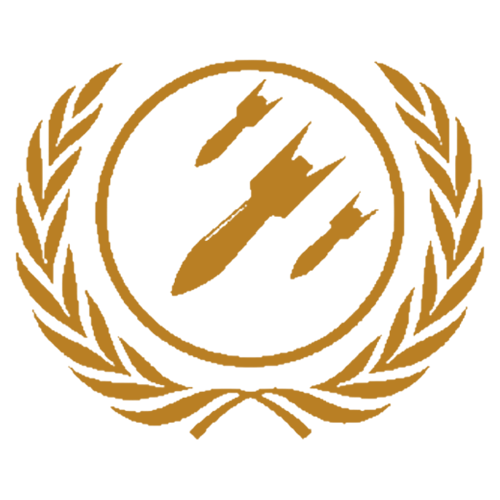
Disarmament and International Security Committee

About DISEC (GA-1)
The United Nations General Assembly First Committee, also known as the Disarmament and International Security Committee, is one of six main committees at the General Assembly of the United Nations tasked with resolving issues about disarmament and international security and was the first main committee set up with the signing of the UN charter in 1945. Common agendas shouldered by this committee, include, but notare limited to the following: nuclear disarmament, non-proliferation of weapons of mass destruction, cyberwarfare, advancements in military technology, etc. Delegates of this committee resolve said issues along the terms laid down by international treaties such as the NPT, Chemical Weapons Convention (CWC), Biological Weapons Convention (BWC), Partial Nuclear Test Ban Treaty, etc. The DISEC may not directly influence the Security Council, however, it can advise it regarding matters about its mandate. Given its immense importance and influence over international order and security, diplomacy plays a vital role in resolving disputes, much like any other committee, yet to a much larger extent.

Agenda
Strengthening international collaboration in the effort to counteract terrorism and violent extremism
Terrorism and violent extremism pose serious and changing threats to global peace, security, human rights, and long-term development. Victims, families, and communities suffer immeasurable pain as a result of these threats. While countering terrorism poses substantial obstacles for states and other organizations, it is critical that all national counter-terrorism measures comply with legal and human rights norms. This is critical for maintaining public authorities’ confidence and legitimacy, as well as preventing further radicalization that leads to violence. The 9/11 incident is widely regarded as one of the most serious terrorist actions of the twenty-first century. against September 11, 2001, 19 militants affiliated with the Islamic extremist organisation al Qaeda hijacked four planes and carried out suicide assaults against US targets. Two planes collided with the World Trade Center twin towers in New York City, a third jet collided with the Pentagon outside Washington, D.C., and a fourth plane crashed in Shanksville, Pennsylvania. The 9/11 attacks killed approximately 3,000 people and triggered substantial US attempts to combat terrorism and violent extremism across the world. Numerous such assaults have happened since then as a result of the broad and complicated network of terrorist groups that continue to constitute a substantial danger, undermining worldwide peace and cooperation.
MEET THE CHAIRS

Ananya Suresh Kamar
Ananya is a fiery debater and MUN addict who has learnt the importance of analysing problems to resolve the issues of our world. Being a curious person by nature and always one to counter a question, MUN’s seemed the perfect way for her to channel her passion of economics, politics and laws. Outside the debating world, she is a food enthusiast who loves noting more than to go out and try new things. With this conference, she is keen on enhancing the delegate experience with her vast knowledge and crazy energy.

Mohammad Omar
Attended my first MUN back in 2019 and that experience was what developed my passion for MUNs and interest in debating over political topics. Having already chaired once this year, I’m extremely delighted and looking forward to demonstrating my skills and abilities by chairing in DISEC as well as supporting my delegates to the fullest extent. Seeing all the ways in which delegates come up with resolutions and politically-worded excuses to defend themselves from “accusations” is what I’m intrigued about the most.
